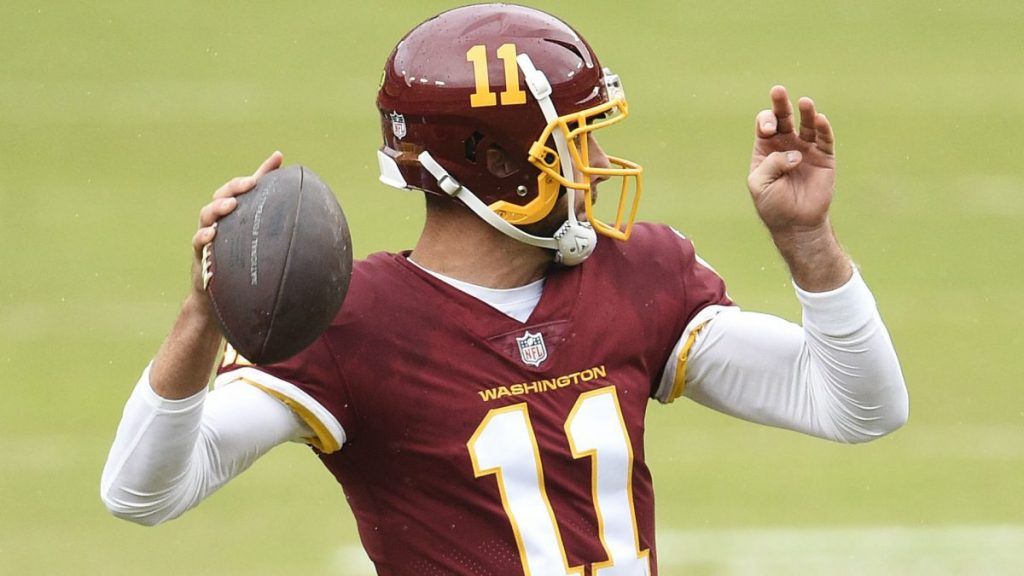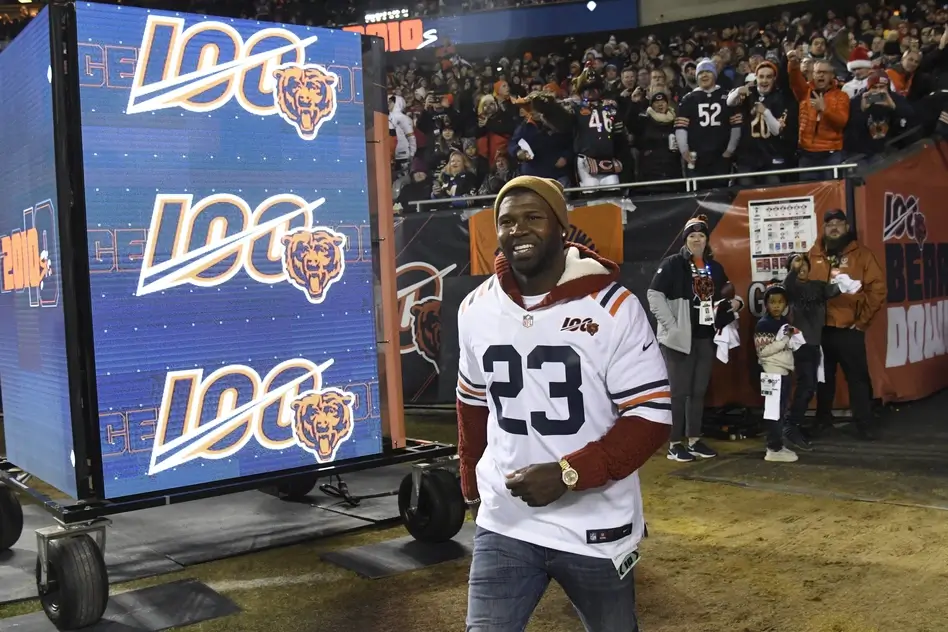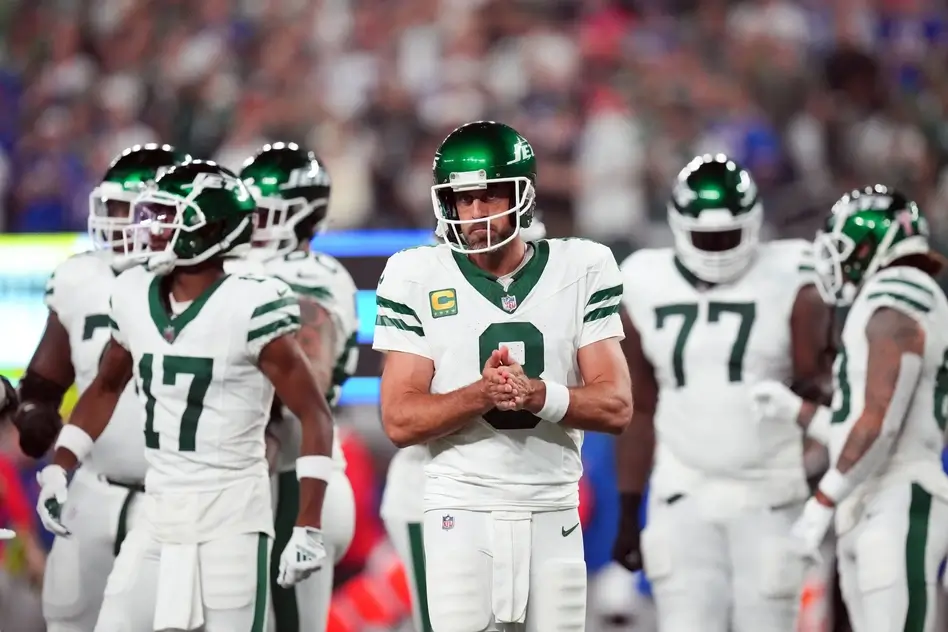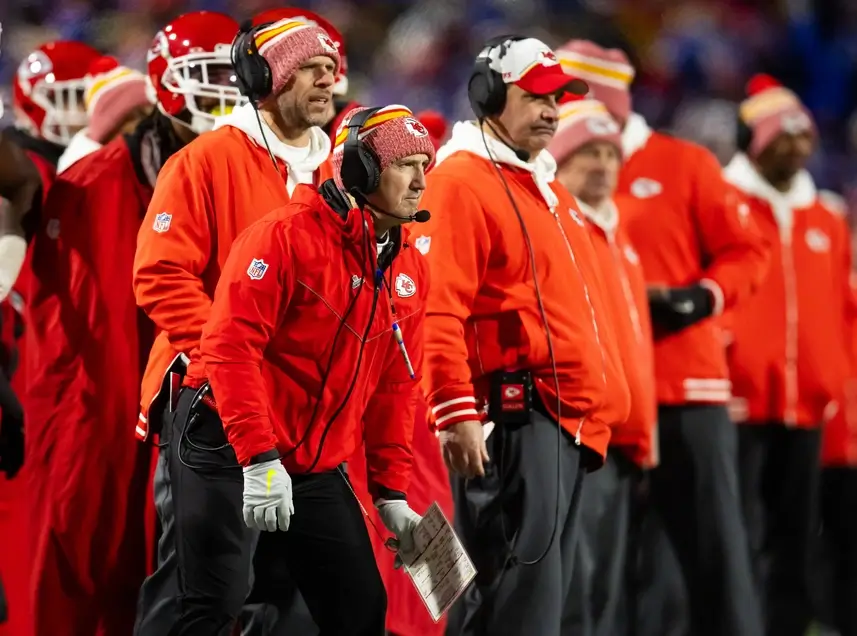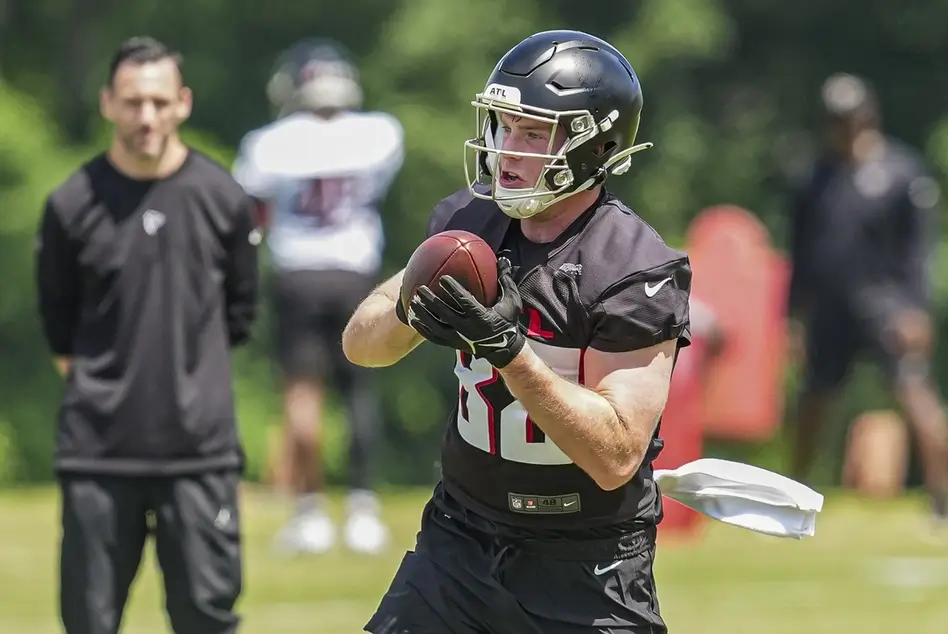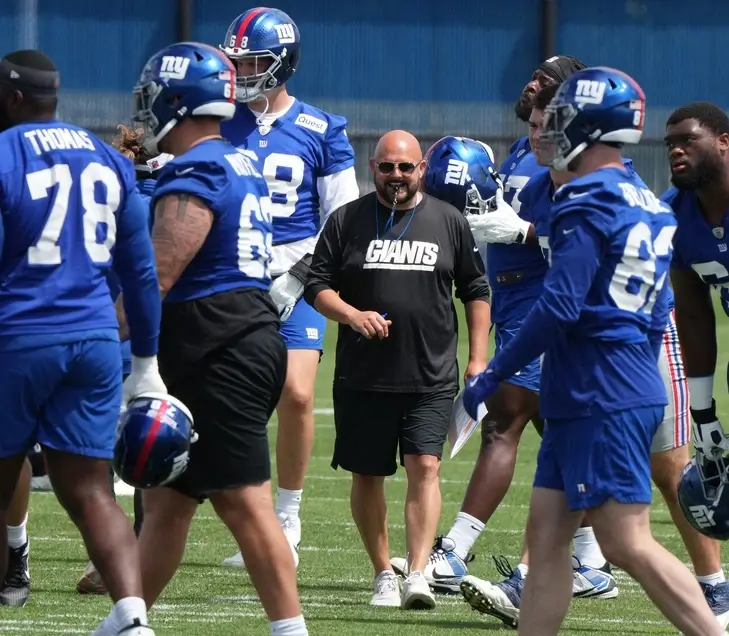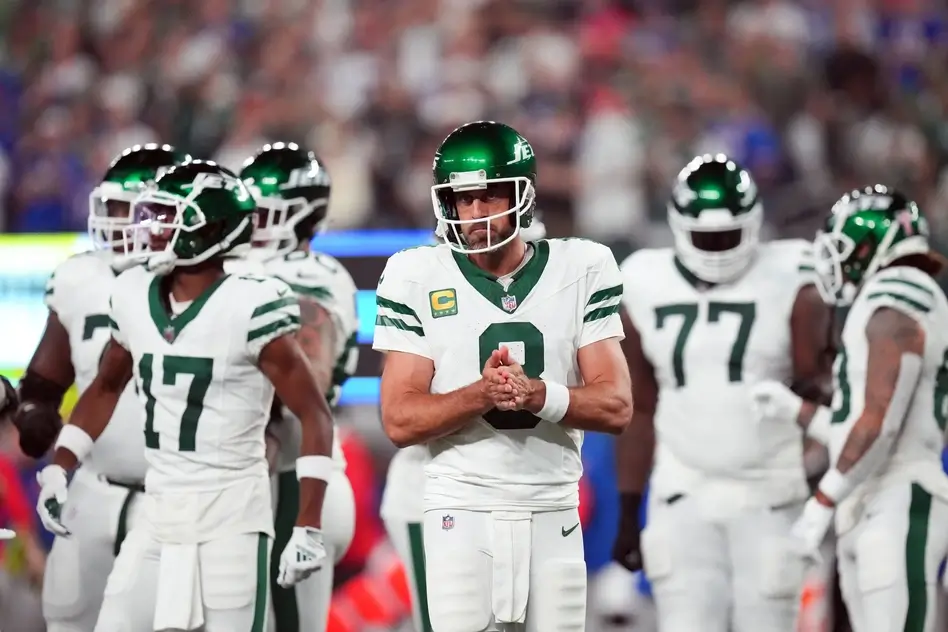Alex Smith is a great quarterback. He’s not merely a game-manager, nor simply a heart-warming and miraculous comeback story.
Instead, Smith is a winner who has helped turn around three losing franchises. The latest proof of Smith’s greatness came on Monday night when he took the Washington Football Team into Pittsburgh and beat the previously unbeaten Steelers in Week 13.
Smith torched arguably the best defense in the NFL for 296 yards and a touchdown through the air. His brilliance, coupled with a throwback defense built on four-man pressure and steady zone coverage, has Washington in a dead heat with the New York Giants to win the NFC East.
This isn’t the first time Smith has brought respectability to a franchise previously going nowhere. Yet this is the first time the narrative is as much about his own personal rebuild as his team’s.
That Smith is back on the field at all is nothing short of remarkable. He broke his leg against the Houston Texans in 2018, an injury bad enough to put his career in jeopardy, but subsequent complications threatened more than Smith’s livelihood:
It would be ridiculous to say praise for Smith is somehow exaggerated because of the emotions surrounding his fightback from the brink. You can’t separate Smith’s comeback from his greatness as a player.
His recovery is something larger than life. It reveals the toughness, determination, dedication, and intelligence of an outstanding competitor.
Smith returned during this summer but appeared to be destined for little more than holding the clipboard. Dwayne Haskins was Washington’s starter, while Kyle Allen, who played for head coach Ron Rivera with the Carolina Panthers, was next man up.
Rivera benched Haskins in October after a 1-3 start. Allen came in, went 1-2 in three starts, and then got injured against the Giants in Week 9.
Smith took over, but his comeback initially looked destined for the opposite of a fairytale ending. He threw three interceptions in relief of Allen against the Giants, then watched Chase Young cost Washington a win in Detroit a week later.
Smith’s settled down since then and has Washington on a three-game winning streak. He’s winning the way he’s always won. Playing mistake-free, smart football and making plays in the clutch.
The same combination helped Smith turn the San Francisco 49ers and Kansas City Chiefs into winners.
Smith didn’t throw an interception in Pittsburgh. He’s thrown more picks than touchdowns in a season twice in his career. Once as the No. 1-overall pick of the 49ers in 2005, when he played only nine games. Then during a 2007 season derailed by injuries that limited Smith to just seven games.
Every other year Smith has been a master of protecting the football. He has four touchdowns to five interceptions this season, but his trend of efficiency will likely remain intact once 2020 is in the books.
Smith doesn’t give games away. He also does something some naturally gifted quarterbacks rarely manage. He plays in service of his team.
The 49ers were one game short of the Super Bowl in 2011. They bullied offenses with a mean defense and battered opponents on the ground with Frank Gore.
Smith only needed to play complementary football. He did by throwing 17 touchdowns compared with just five interceptions. It took Smith longer than expected to revive the Niners after they famously drafted him over Aaron Rodgers in ’05, but he’d finally made San Fran a contender again.
Smith did the same thing in Kansas City two years later. The Chiefs went 29-68 and made the playoffs once in six seasons before his arrival. KC is an offensive juggernaut nowadays, but by the end of the 2012 season, the Chiefs hadn’t ranked in the top 10 for offense since Smith’s rookie year.
Smith changed that immediately by throwing for 3,313 yards, 23 touchdowns, and only seven interceptions. He also rushed for 431 yards and a score in a system that tapped into the read-option skills he’d shown during his college days at Utah.
The Chiefs went from 2-14 to 11-5 and the postseason thanks to a turnover-bingeing defense and the sixth-highest scoring offense in the NFL. Smith never had a losing season in Kansas City before Andy Reid traded him in 2018 to clear a path for Patrick Mahomes.
Working with Reid, the best coach of football’s modern era (sorry Bill Belichick, there’s too many -gates attached to your tenure), helped Smith improve. But teams usually win when No. 11 is under center. He’s even been a winner in Washington, where his overall record is 9-5.
Rodgers throws a prettier deep ball. Matthew Stafford can chuck it sidearm. Philip Rivers is more creative pre-snap. Yet none of them keep a team ticking over as consistently as Smith can.
Smith isn’t merely making sure the trains run on time. Far from it. Another measure of a great quarterback is still positing big numbers with an average supporting cast.
Smith doesn’t have marquee weapons in Washington. Terry McLaurin is a standout, but every team knows to double the second-year wide receiver.
Cam Sims has come off the practice squad to make big plays, but Dontrelle Inman and Steven Sims Jr. have been major disappointments.
Rookie running back Antonio Gibson has been a revelation but was lost after just one play against the Steelers. Gibson’s absence left Smith to rely on Peyton Barber and former Seattle Seahawks and Detroit Lions castoff J.D. McKissic out of the backfield.
Smith’s most-trusted target is Logan Thomas. He was a failed quarterback with the Arizona Cardinals who is finding his niche as a converted tight end.
Guys like Thomas, Sims, and McKissic deserve credit for the way they’ve emerged, but nobody is mistaking them for elite playmakers. The true credit belongs to Smith, to his accuracy, savvy, and timing.
Smith’s added credibility to football’s most important position for Washington. Rivera now has a great quarterback, the first essential piece for building a legitimate contender in the NFL.


